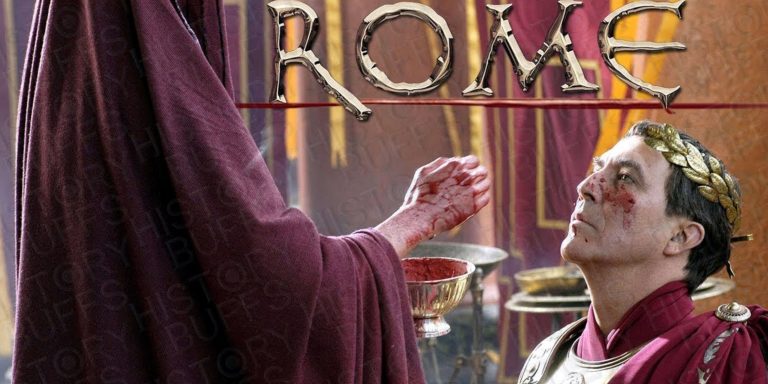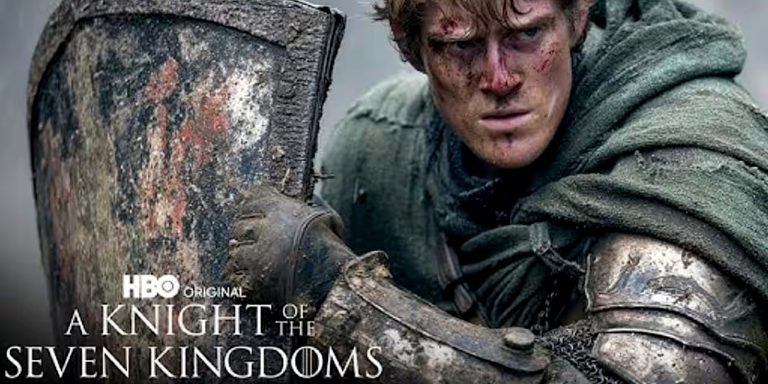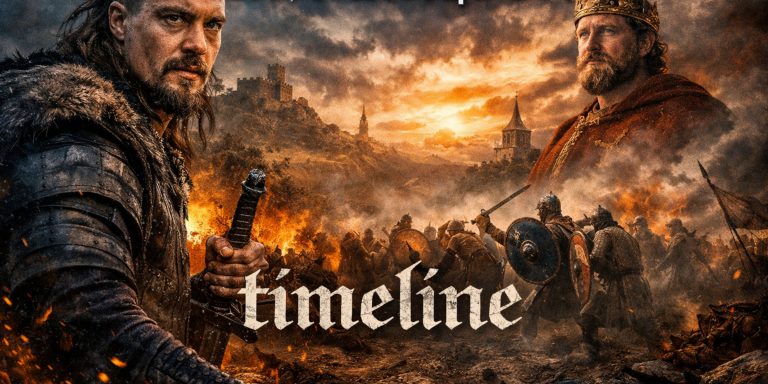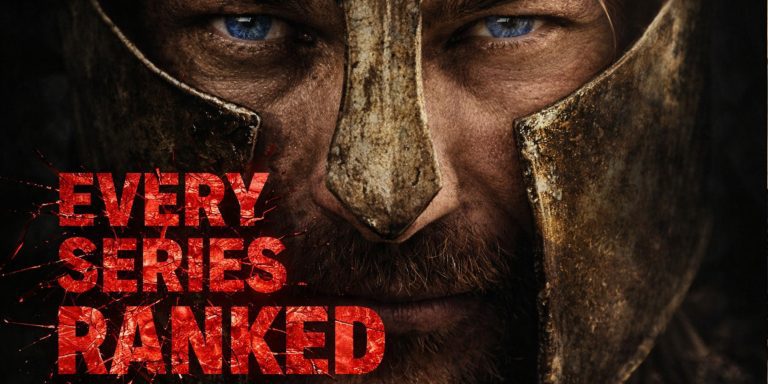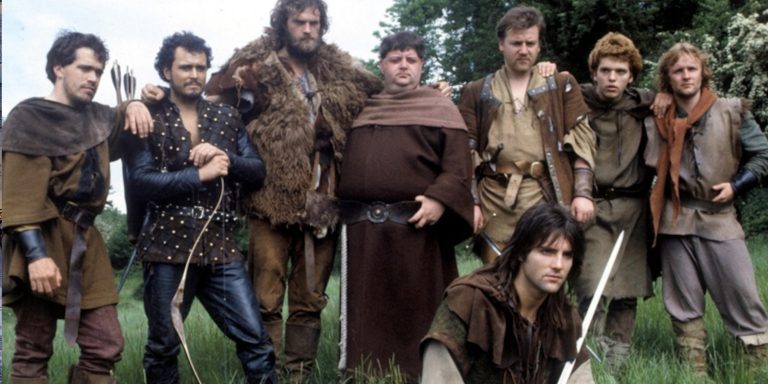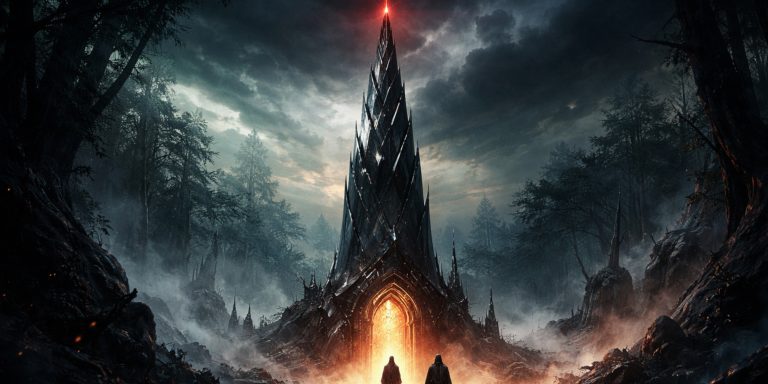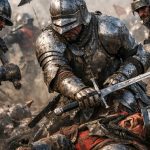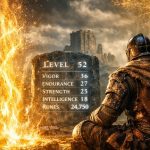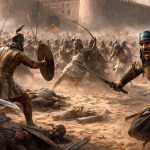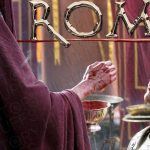
The Hooded Man Returns
Before Michael Praed stepped into Sherwood Forest in 1984, Robin Hood was mostly a clean-cut, merry-men kind of bloke. You know the type, tights, lute, a twinkle in the eye, and an arrow for every moral lesson. Then came Robin of Sherwood, a show that didn’t just tell the legend, it rewired it. Suddenly, the myth wasn’t about swashbuckling jollity but destiny, loss, and something darker.
Praed’s Robin wasn’t just the people’s champion. He was the Hooded Man, a reluctant hero caught between the old gods and Norman tyranny. Watching him, you got the sense he’d rather be anywhere else but fate had other ideas.
A New Kind of Hero
Praed brought a fragile intensity that made Robin feel more like a haunted prophet than a cheeky rogue. His quiet voice, those piercing eyes, and that sense of inevitable tragedy gave the role a kind of poetic weight you just didn’t see in ‘80s television heroes.
He didn’t crack jokes while fighting. He didn’t swagger. Instead, his Robin carried the burden of something ancient and unspoken, as if Herne the Hunter had whispered in his ear and he’d never slept soundly again.
The writing helped, of course. Richard Carpenter’s scripts pulled the story away from history books and into folklore, where magic and fate felt as real as steel. But Praed sold that vision. His performance made you believe this Robin was chosen, not by luck or leadership, but by something older and wilder.
The Spiritual Edge of Sherwood

Robin of Sherwood made pagan mythology mainstream, and Praed’s Robin stood at the centre of it. The greenwood wasn’t just a hideout; it was sacred ground. The forest itself seemed alive, pulsing with ancient power, and Robin was its vessel.
This was the first time audiences saw the outlaw as part of something elemental. He didn’t just fight for justice. He fought for balance. That’s a big mood shift from the cheerful outlaw dancing around campfires.
And in a strange way, it fit the ‘80s perfectly. Britain was deep in social change, the idea of rebellion was morphing into something more spiritual, and Robin’s quiet defiance felt more authentic than grand speeches about honour or freedom.
The Tragic Farewell
When Praed’s Robin met his end in Season 2, it felt like a genuine cultural moment. He didn’t die gloriously, he died because he was mortal, and that vulnerability cut deep. For many, it was the first time TV treated mythic heroism like something fleeting.
The transition to Jason Connery’s Robin was handled with respect, but let’s be honest, it was never quite the same. Praed’s version had already burned himself into the collective memory. Even the haunting theme song, “Robin, the Hooded Man”, feels written for him and him alone.
Why He Still Resonates with Modern Audiences
Praed’s Robin Hood feels strangely modern now. In an era obsessed with gritty reboots, he managed to make the legend raw and human without losing the mysticism. His version of Robin isn’t an archer with perfect aim or a flirt in the forest; he’s a man marked by purpose, by nature, by destiny.
That’s what makes it endure. Watch those early episodes again and you’ll see a performer who brought myth to life not by exaggerating it, but by grounding it. His Robin Hood wasn’t just a hero, he was a believer.
The Seven Swords Takeaway
As a modern viewer, revisiting Praed’s performance feels almost spiritual. He made Robin Hood feel mythical and mortal all at once. His quiet melancholy, his conviction, and his connection to something older than Christianity turned a well-worn story into something timeless.
He wasn’t just playing Robin Hood. He was redefining what being the Hooded Man meant, and for that, he remains the definitive version for an entire generation of dreamers and rebels.

